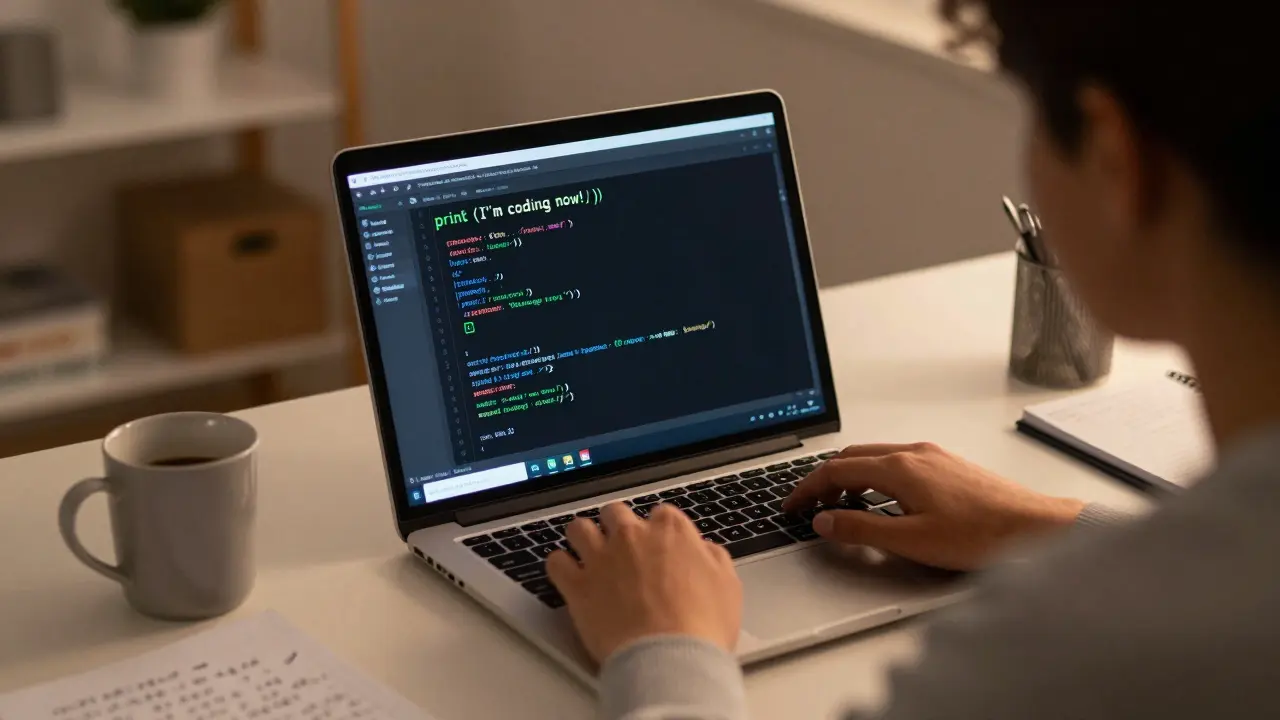Beginner Programming: Easy Ways to Start Coding Right
Getting started with programming might sound tricky at first, but once you grasp the basics, it opens up a world of possibilities. If you’re new to coding, the key is to keep things simple and stick to practical steps that build your confidence steadily. For example, learning clear coding basics like variables, loops, and functions helps you write your first useful programs fast.
One great tip for beginners is to always practice by writing code, not just reading or watching tutorials. Try small projects like creating a to-do list app or a simple calculator. These bite-sized tasks help you understand how programming works in real life and keep you motivated without getting overwhelmed.
Use Step-by-Step Guides to Build Skills
Step-by-step programming tutorials are your best friend at this stage. They break down complex ideas into manageable chunks and guide you through practical examples. Don’t rush—take your time to understand each concept before moving on. If you get stuck, debugging is a skill worth developing early on. Instead of getting frustrated, learn simple debugging tricks like checking your code line-by-line, using print statements to track variables, and searching error messages online.
Consistent practice and patience pay off. Start with languages that are beginner-friendly, like Python, known for its clear syntax and helpful tools. Many beginners find Python a smooth introduction because you can focus more on problem-solving than complicated code structure.
Avoid Common Mistakes and Build Good Habits
Beginners often try to learn too many things at once or jump to advanced topics before mastering the basics. Avoid this by setting clear, achievable goals. Focus on understanding core programming concepts deeply rather than skimming over multiple languages or frameworks. Remember, everyone writes buggy code at some point—cleaning it up is part of the learning process.
Good coding habits early on can save you headaches. Always comment your code to explain what you’re trying to do, use consistent naming for variables, and keep your projects organized. These small steps keep your code clear and easier to fix or improve later. Plus, these habits make it easier when you start working with others or contribute to bigger projects.
In short, the best way to succeed in beginner programming is a mix of following clear tutorials, practicing real projects, learning to debug, and building solid coding habits. Stick with it, and soon you’ll feel confident tackling bigger challenges and creating things that really work.

- Jan 25, 2026
- Andrew Harper
- 0 Comments
The Ultimate Programming Tutorial for Tech Enthusiasts
A practical programming tutorial for tech enthusiasts with no prior experience. Learn Python through hands-on projects, avoid common mistakes, and start building real tools in weeks-not months.

- May 27, 2025
- Mitchell Benson
- 0 Comments
Coding for AI: Bridging the Gap
This article breaks down how coding for AI works and why it's changing the game for everyone, not just tech pros. From what languages to pick to how to get your hands dirty with real AI projects, it's practical advice for people with or without much experience. You'll find out why learning this skill matters, plus tips for jumping in without feeling overwhelmed. The piece also highlights pitfalls to avoid and where to hunt for free, quality resources. It's a no-nonsense guide to getting started and staying motivated.
